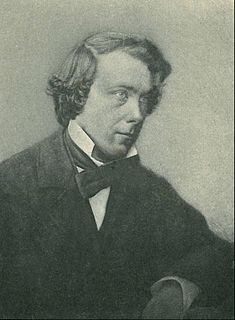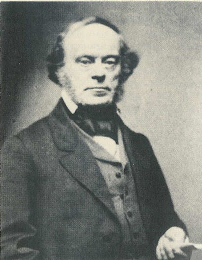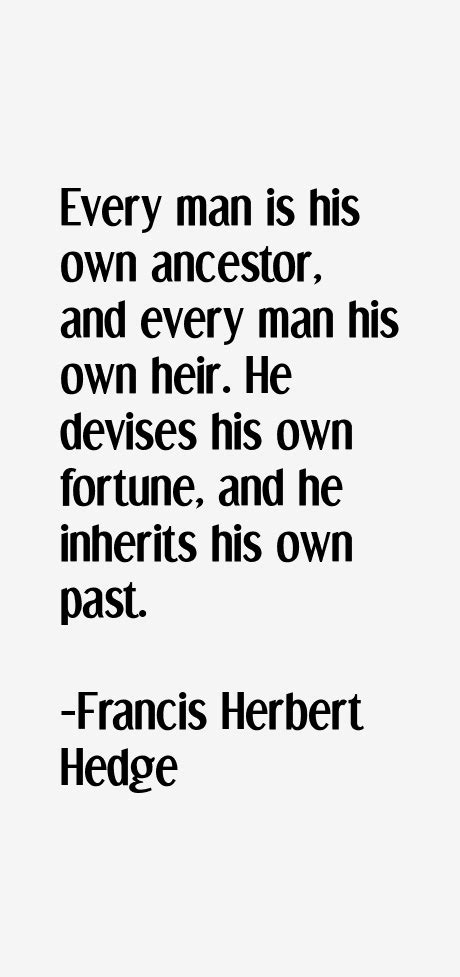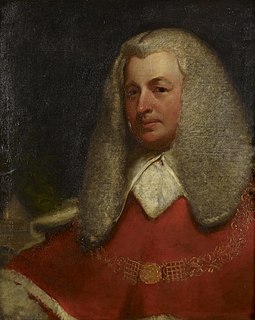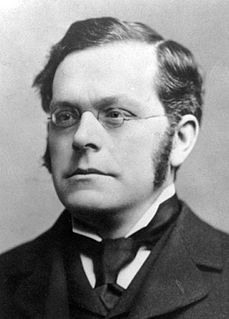A Quote by William Hazlitt
Every man, in his own opinion, forms an exception to the ordinary rules of morality.
Related Quotes
See how he cowers and sneaks, how vaguely all the day he fears, not being immortal nor divine, but the slave and prisoner of his own opinion of himself, a fame won by his own deeds. Public opinion is a weak tyrant compared with our own private opinion. What a man thinks of himself, that it is which determines, or rather indicates, his fate.
In the absence of government each man learns to think, to act for himself, without counting on the support of an outside force which, however vigilant one supposes it to be, can never answer all social needs. Man, thus accustomed to seek his well-being only through his own efforts, raises himself in his own opinion as he does in the opinion of others; his soul becomes larger and stronger at the same time.
The liberated man is not the one who is freed in his ideal reality, his inner truth, or his transparency; he is the man who changes spaces, who circulates, who changes sex, clothes, and habits according to fashion, rather than morality, and who changes opinions not as his conscience dictates but in response to opinion polls.
Where no man thinks himself under any obligation to submit to another, and, instead of co-operating in one great scheme, every one hastens through by-paths to private profit, no great change can suddenly be made; nor is superior knowledge of much effect, where every man resolves to use his own eyes and his own judgment, and every one applauds his own dexterity and diligence, in proportion as he becomes rich sooner than his neighbour.
If Christ be a fraud, he was among the most peculiar yet brilliant of frauds in saying that only he was the way, the truth, and the life. This is the importance of grace - some people think that simply being nice and not harming others is morality; others think that following rules and tithing are morality. But without Christ, all moral beliefs ultimately boil down to the one sin which perpetually rails against the concept of grace: man's lawful, religious, and futile attempt at establishing his own righteousness.
I don’t think there is any such thing as an ordinary mortal. Everybody has his own possibility of rapture in the experience of life. All he has to do is recognize it and then cultivate it and get going with it. I always feel uncomfortable when people speak about ordinary mortals because I’ve never met an ordinary man, woman, or child.



